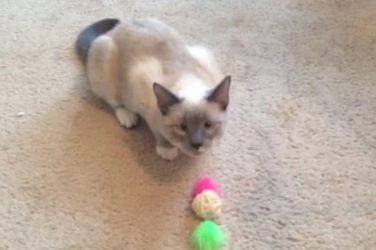“…Your refusal to submit to the required testing may be offered into evidence against you at trial.”
This is part of what drivers hear from officers while being read Georgia’s implied consent notice. Now, this statement will have to be reconsidered, after the Georgia Supreme Court ruled it unconstitutional to use a person’s refusal of a breath test against them in court.
The decision was made on Feb. 18 in the Elliott v. State case and is now changing how future cases are handled. Athens Attorney Jeff Rothman said this new ruling will definitely have an impact.
“There is a dramatic change in the law, somewhat of an earthquake in the legal circles,” Rothman said.
This will also change the way law enforcement handles DUI cases in the future. Athens-Clarke County Public Information Officer Geof Gilland said his department is working on figuring out how apply this new information to their DUI arrest routine.
“We will be receiving guidance from the Athens-Clarke County Solicitors Office,” Gilland said.
Until then, Gilland said officers will still carry out routine procedures when dealing with a DUI arrest.
“It doesn’t mean we’re going to stop DUI enforcement. If there are intoxicated people and we initiate a stop, there will be policies and procedures in place,” Gilland said.
Discussion among law enforcement on this new ruling is still in progress, and it is unclear when a new procedure will be in place for DUI arrests.
Veronica Ogbe is a senior at UGA and is majoring in journalism.








